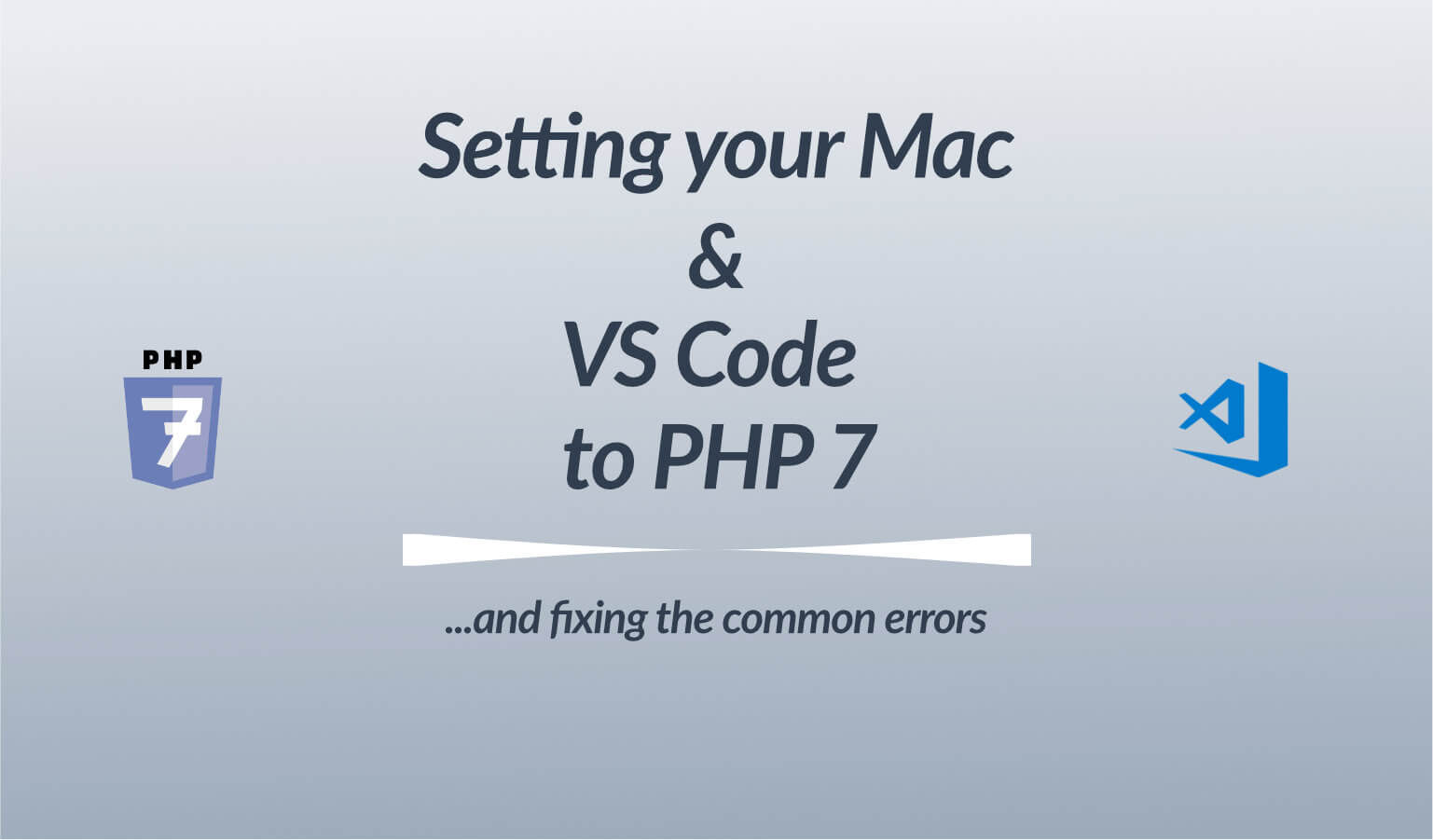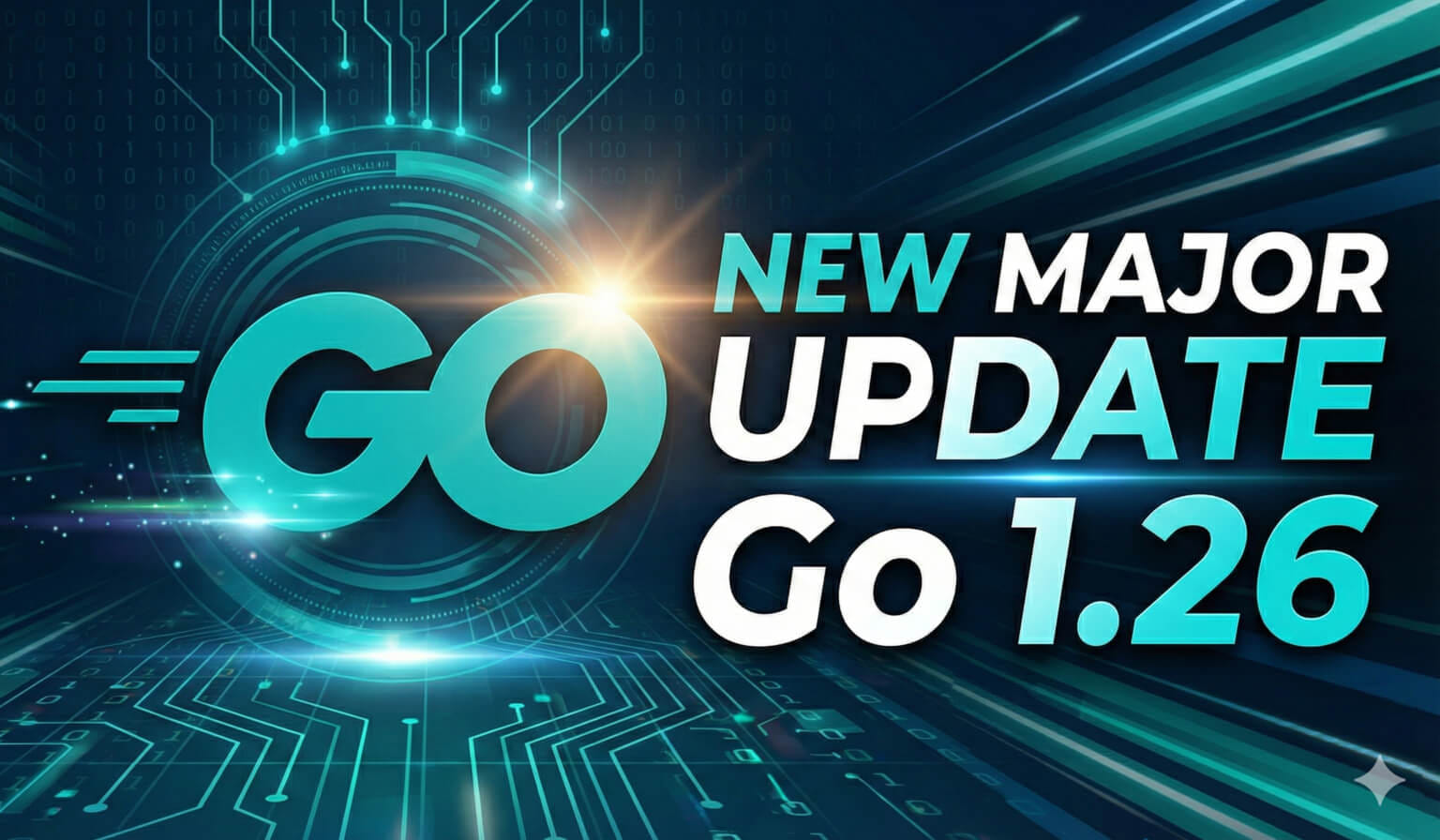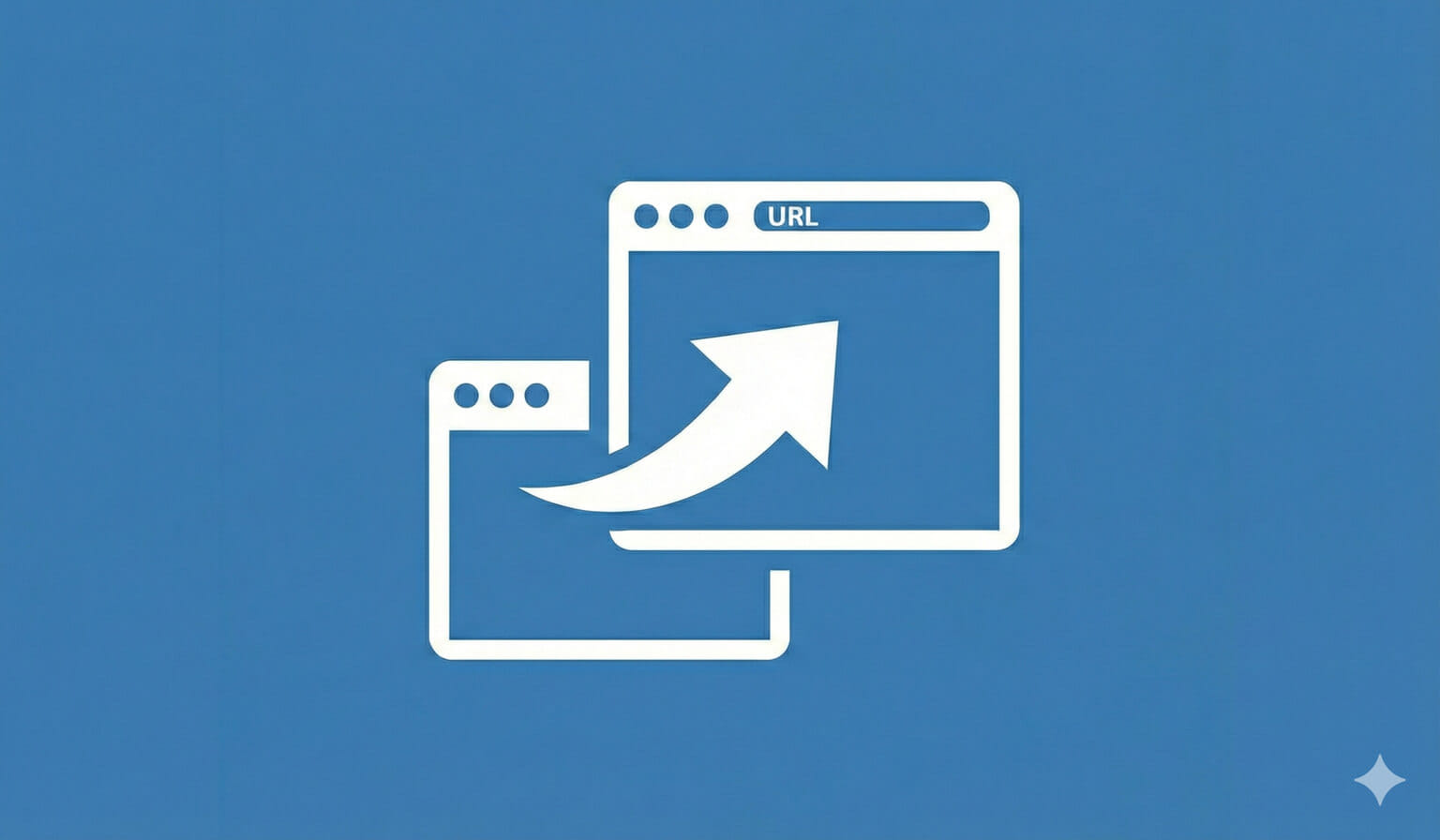Laravel has always had a faithful following. And as much flack as PHP itself has gotten in the past, it’s always been unfounded in my opinion, and just the gripe of people who love controversy or just compare it to the wrong things.
But Laravel has moved into a new era this year. The people who love it, love it even more, and the new developers that have tried it out for the first time, or revisited it after a number of years, have quickly turned into Laravel evangelists.
And Laracon just wrapped up and it wasn’t just the mass of people that normally get excited about it, it’s gained extra attention it seems.
In addition, there’s a new series of funding announced and biggest of all, the announcement and demo of Laravel Cloud where pretty much everything Laravel will be accessible with the click of a button. It’s like a 10x improvement of Laravel Forge and it brings everything, including compute, scaling, zero-config deployments, rollbacks, monitoring, etc. into one central hub.
Kudos to Laravel.
So in this article, I want to give 5 reasons why I think many more people are finding a newfound enjoyment or a re-found enjoyment in the Laravel ecosystem.
If you’d rather watch the video, then here it is:
Otherwise, keep reading.
1. People are worn out from the complexity, fluidity, and often flimsiness of modern JavaScript frameworks
I actually rewrote my Travis Media Community in Laravel earlier this year moving away from the mess that I found Next.js to be. Now I’m not really knocking Next.js as a platform, it’s good, but I think there’s a forming opinion out there of people who have just gotten sick of JavaScript frameworks overall, specifically full-stack JavaScript frameworks like Next.
It’s client side, now it’s server side, it’s an API, but most of us really only need 35% of some part of it with the majority of that just the React, front-end library part. create-react-app is gone and its recommended replacement is…Next?
In addition, there’s this strange and mainstream supposed fact that every single webpage needs interactive components without the dreaded page refresh. Death to page refreshes right? I mean, who in the world would stick around if a page had to make a request to a server and then reload?
I know, there is a benefit to it, but I think many developers assume this has to be the case in 10/10 scenarios. Well, it doesn’t and you don’t have to default to this thinking.
If it needs it, then use it. Otherwise, don’t.
And many developers who are new developers and/or have spent a large amount of time in JavaScript exclusively are shocked at how solid and mature an MVC framework feels after being in the JS framework world for so long. Where are my side effects? Where is my state? What’s up with this, it just works the same every time. My console, it’s clean, with no warnings or errors.
2. It’s opinionated
Continuing in this same theme, tools like Express.js, an application framework, is marketed as a tool that is unopinionated. That’s its big motto. It’s unopinionated. You make the call to do to it whatever you wish. Same with a framework like Flask. And there is a place for that. I’m not knocking it in a blanket statement.
But guess what, many people want opinion.
Need auth? Well follow this long page of instructions and code to implement. Need a database? Well here are the instructions. A little Alchemy here, a little Mongo there. Want to send emails? Want to submit a form? Here are the pages of instructions and code to get it working.
Well, guess what? MOST web applications need ALL of these things. And I personally don’t want to implement them.
In fact, wouldn’t it be great if all this was implemented already and you could choose to turn it on if you need it? Welcome to Laravel, or Django, and the world of opinion.
Many of us still like it.
3. It’s easy to pick up and it just works all around.
I think the closest thing in an MVC to Laravel is Ruby on Rails. Laravel has always been like the little brother of Ruby on Rails, but I’ve never been a fan of Ruby. I don’t like the syntax, yes even the syntax of Ruby. I never liked it. I feel like if you didn’t know either and you came to Laravel and PHP vs Rails and Ruby, the former would make much more sense.
That’s just me.
In addition, with the rise of people building their own SaSS products and businesses, it’s just unbelievably easy to get an app off the ground, at least an MVP, with Laravel. And I feel like many developers have at least some exposure to PHP vs Ruby.
4. The documentation
Laravel is the gold standard in great documentation. .NET is not. I mean, it’s Microsoft. Ruby on Rails….. can you even install Ruby? It’s like a test up front to even use the software.
But Laravel is one of the few technologies that you always choose the documentation, almost every time, over any other medium out there, blogs, stack overflow, videos. It is excellent and rarely leaves any questions or concerns out. To me, that’s a huge advantage.
5. Community
Where’s your .NET community at? Again it’s at the end of the day, microsoft. The Ruby on Rails community was super quiet prior to the rebuild of the Campfire app that came out recently.
But Laravel has always had a vibrant and true community, people who weren’t fanboys to just be fanboys but truly enjoy using the framework. And now it’s come to fruition this year where it’s getting a lot of limelight leading to more adoption and interest.
As I said, the announcement of Laravel Cloud is a big deal. Deployments of these bigger MVC frameworks have never been an easy task.
And apps like Railway have made it all easy for us to deploy anything, but this, Laravel Cloud, is very specific to Laravel and its ecosystem and is an effort to simplify all the pieces of it from the infrastructure, to the app, to the scheduler, queue worker, and all the pieces that make a big, shiny Laravel app.
I think it’s promising and I think it’s a great step forward for the developers who aren’t jumping on the bandwagon of making fun of PHP because that’s what everyone else is doing, but recognizing a great tool for what it is and what it has accomplished for a lot of businesses, great and small, out there.
Discussion
What do you think? Let’s discuss below.
This page may contain affiliate links. Please see my affiliate disclaimer for more info.



